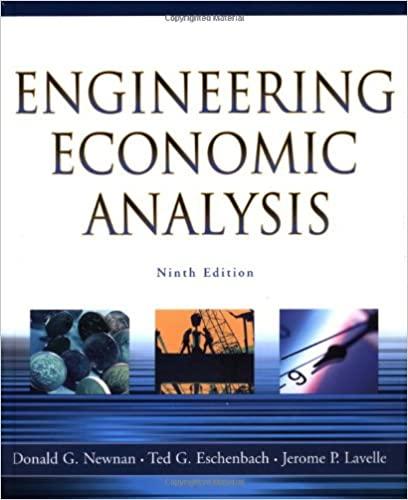Question
An Italian producer of wine concluded a contract with an English buyer for a supply of red wine. According to the contract, the seller was
An Italian producer of wine concluded a contract with an English buyer for a supply of red wine. According to the contract, the seller was obliged to provide the buyer with a sample of the finished product for final approval prior shipment. The buyer was provided with analysis report of the wine, which indicated that the quality of the product was as expected. Shipment was expedited without the sample approval as stipulated in the contract. The buyer advanced payment for the shipment in good faith and received the shipment of wine on its arrival in the UK.
Subsequently, a claim was filed by the buyer and legal actions followed. The wine that was delivered turned out to be inferior in quality and could not be sold in the English market as intended.
a)
Demonstrate your understanding of the CISG by determining if the agreement described above is automatically governed by CISG. If not, why?
b)
As the counsel to the Italian wine producer, employ a plausible and well supported defence strategy that might help the defendant avert the need to indemnify the buyer for the losses.
Q2)
The application of new technologies in business is transforming the landscape of International Trade and pushing the frontiers of how business is done domestically, as well as internationally. While the borderless nature of the Internet is challenging many established trade practices, the increasing application of new technologies is giving rise to regulatory issues for which, current laws may not adequately to address.
Many digital technologies are leveraged on the advancement of the Internet. Among those, blockchain is certainly one, which has gained much attention in the past decade and will continue to spark fierce debates in the years ahead. The potential benefits and gains arising from the application of blockchain is undoubtedly appealing. Yet, in this respect, it would be astute to take heed of an observation that was made by a senior analyst at the World Trade Organisation, that technology is no more than a tool in business. He maintained that a number of regulatory issues would have to be addressed by policymakers, before the benefits of the Blockchain technology could be fully realised.
a)
Examine on the basis of the extant literature, the benefits that could be had from the application of Blockchain in Supply Chain settings. Provide at least two (2) examples, where the application of Blockchain has led (or will lead) to tangible Supply Chain effectiveness and efficiencies (Hint: SC effectiveness and efficiency may be demonstrated by a reduction of SC Cost, or an increase of Customer Service level).
b)
The ubiquitous application of Blockchain (in Supply Chain settings) will eventually bring about an increased dependency of the businesses on Smart Contracts. Analyse the impact of Smart Contracts on the current legal framework, which regulates the practices of International Trade. Indicate in your analysis two (2) legal aspects that might require updating, in order to support the use of Smart Contracts in International Trade.
provide relevant references to this article. And kindly answer properly thanks.
Step by Step Solution
There are 3 Steps involved in it
Step: 1
a The agreement described above may not be automatically governed by the United Nations Convention on Contracts for the International Sale of Goods CISG if both Italy and the UK have not ratified the ...
Get Instant Access to Expert-Tailored Solutions
See step-by-step solutions with expert insights and AI powered tools for academic success
Step: 2

Step: 3

Ace Your Homework with AI
Get the answers you need in no time with our AI-driven, step-by-step assistance
Get Started


